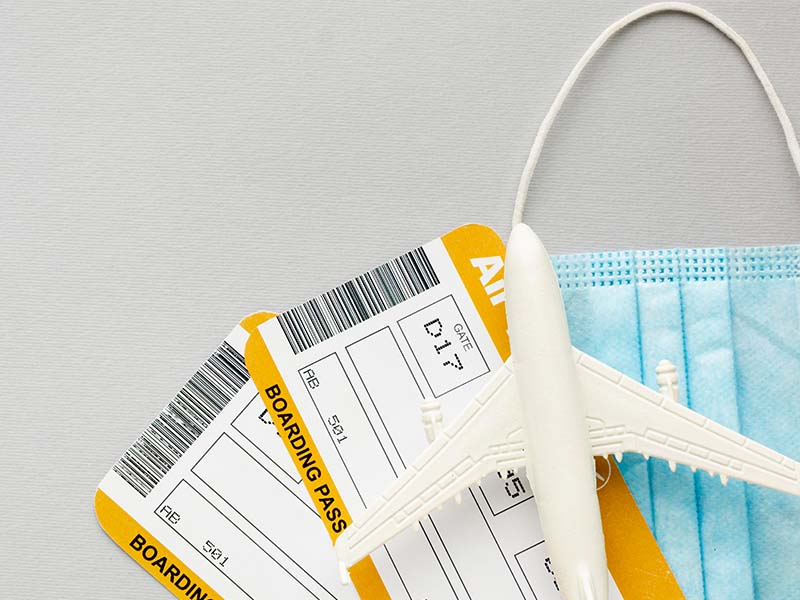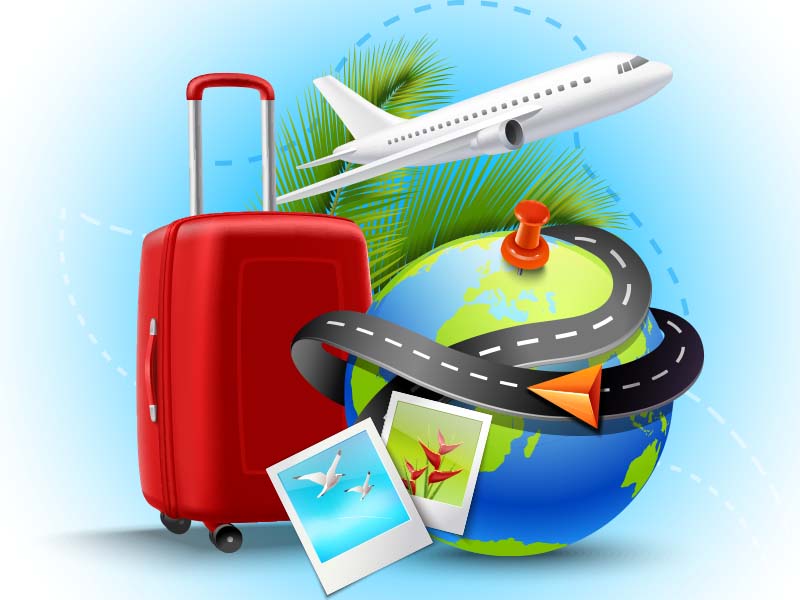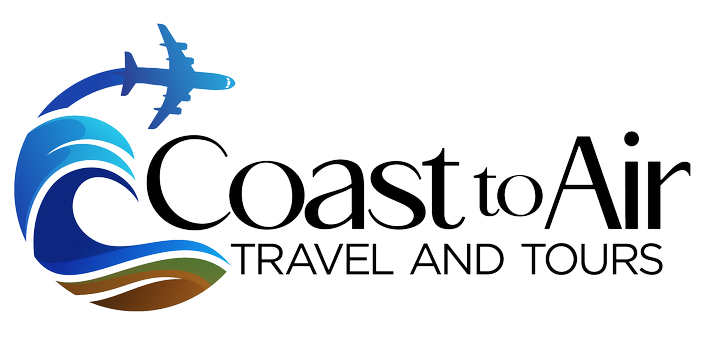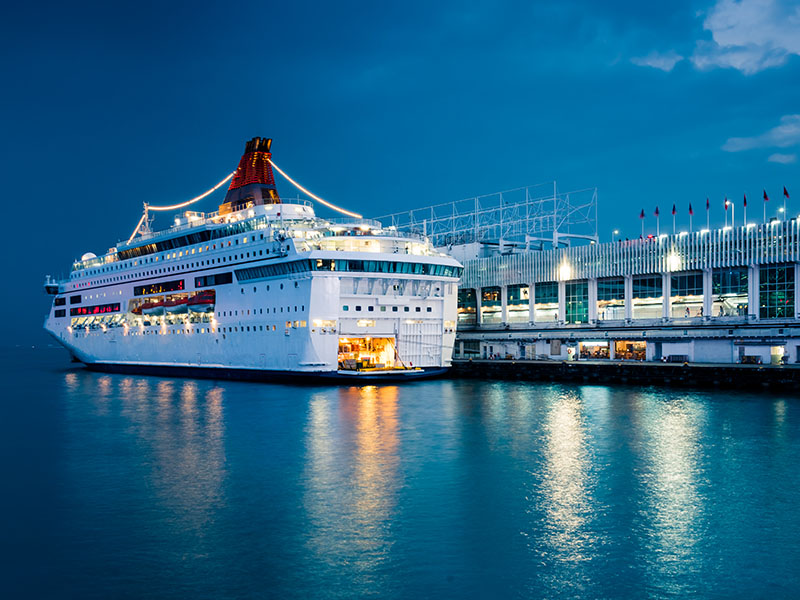
Top 10 reasons to use a Travel Agent
August 3, 2021
Types of Airline Tickets
November 9, 2021
Types of travel
Adventure travel is a type of tourism, involving exploration or travel with perceived (and possibly actual) risk, and potentially requiring specialised skills and physical exertion. Whether for mountain biking or bungee jumping, safaris or surfing, millions of people travel abroad each year and engage in adventure travel. Whether you reside in the country or are just visiting, it is important that you know what to expect in advance and understand the risks inherent with adventure travel in the country you are during the adventure excursions.
High Risk Travel is defined as international travel to a high risk location and/or consisting of the participation in high risk activities abroad. Travel to high-risk destinations won’t be covered under standard travel insurance policies. High-risk destinations can include war zones, crisis or disaster relief zones, or regions recently affected by political unrest or terrorist activity. Make sure you have a valid travel insurance policy in place to give you peace of mind, knowing you’re covered if things go wrong. High-risk travel insurance can cover you when you’re travelling to high-risk destinations, or countries that the Foreign, Commonwealth & Development Office (FCDO) advises are too dangerous to travel to.
Faith-based travel includes a wide variety of activities -- from pilgrimages to service projects, from missionary work to faith-based tours. Millions of people participate safely in some type of religious travel every year. However, faith-based travellers, in addition to being aware of basic country conditions that impact all travellers, should know that in some countries it is a crime to conduct religious activities. You need to know the laws and conditions in the places you will be living and travelling.
Pilgrimage Travelers (Hajj and Umrah) - Hajj is an annual religious pilgrimage to Mecca undertaken each year by 2-3 million people. Planning ahead for Hajj and Umrah is essential. • Pilgrimage Travel Requirements • Hiring Reputable Tour Operators • Visa Information • Female Pilgrims • Travellers with Disabilities • Health • Transportation at the Airport and Between Ritual Sites • Photographs • Transport of Agricultural Items and Zamzam Water • Safety and Emergency Information • Contact Information for Hajj and Umrah Authorities Do not travel to Saudi Arabia without lodging or transportation arrangements made in advance. You may face difficulties with Saudi immigration and have trouble finding available services once you have arrived. Foreign Muslim residents of Saudi Arabia may perform the Hajj once every five years. Advance approval must be obtained from an immigration office and with the approval of their Saudi sponsor.
Cruise Ships - are large passenger ships used mainly for vacationing. Unlike ocean liners, which are used for transport, they typically embark on round-trip voyages to various ports-of-call, where passengers may go on tours known as "shore excursions". On "cruises to nowhere" or "nowhere voyages", cruise ships make two- to three-night round trips without visiting any ports of call. Catamaran Cruise - These are smaller ships. Cruising catamarans have a range of passenger facilities and amenities.
LGBTI Travelers - Lesbian, gay, bisexual, transgender, and intersex (LGBTI) travellers can face unique challenges when traveling abroad. Laws and attitudes in some countries may affect safety and ease of travel. Legal protections vary from country to country. Many countries do not legally recognise same-sex marriage. More than seventy countries consider consensual same-sex sexual relations a crime, sometimes carrying severe punishment. Update Your Passport - Some transgender travellers have reported difficulties entering a country on a passport bearing a name and photo that no longer correspond to their gender identity. Consider Buying Insurance - Travel insurance can cover your costs during emergencies, including in cases where medical evacuation may be required. Some insurance companies have products specifically tailored to LGBTI travellers. Verify that any insurance you purchase will cover all traveling family members.
Women Travellers - Many women travel safely each year without incident. However, when it comes to health and security, women travellers are more likely to be affected by religious and cultural beliefs of the foreign countries they visit. The truth is that women face greater obstacles, especially when travelling alone. Each country that you visit will have different local laws and customs about women’s clothing and appearance. For example, what you wear in a mall in Mexico might not be acceptable in a mall in the United Arab Emirates. Women travellers should understand the cultural norms of the country they will be visiting. The safety of public transportation varies from country to country. In many places, informal taxis or mini-buses pose particular threats to people unfamiliar with the local conditions, especially to women travelling alone. Find out from reliable sources, such as local authorities or tourism officials, what is and is not safe.
Travellers with Disabilities - Research Your Destination. Each country has its own laws regarding accessibility for, or discrimination against, persons with physical, sensory, intellectual, or mental disabilities. Consult your travel agent, hotel, airline, or cruise ship company to learn about services during your trip and your destination, including specific requirements for service animals.
Older Travellers - An increasing number of older people are traveling abroad. Be prepared so you can enjoy your trip. Please consider the following information when planning your trip – learn about your destination, stay connected with friends and family, consider medical insurance, beware of scams.
FIT and GIT are the terms used by the employees in the Tourism industry for the holiday packages. FIT stands for Free Independent Travellers and GIT stands for Group Inclusive Tour. FIT packages are for the smaller group of travellers who wish to travel at their pace and would like to customise as per their preference. GIT, refers to a travel groups where individuals buy a group, package and travels with others on a preset itinerary . There can be Group Independent Travel, where the independent travellers enjoy structured flexibility.
Travellers with Pets - Many countries have strict health, quarantine, agriculture, wildlife, and customs requirements or prohibitions for pets. If you decide to take your pet abroad, check with the embassies of the countries you will be going to for any specific requirements they may have.




